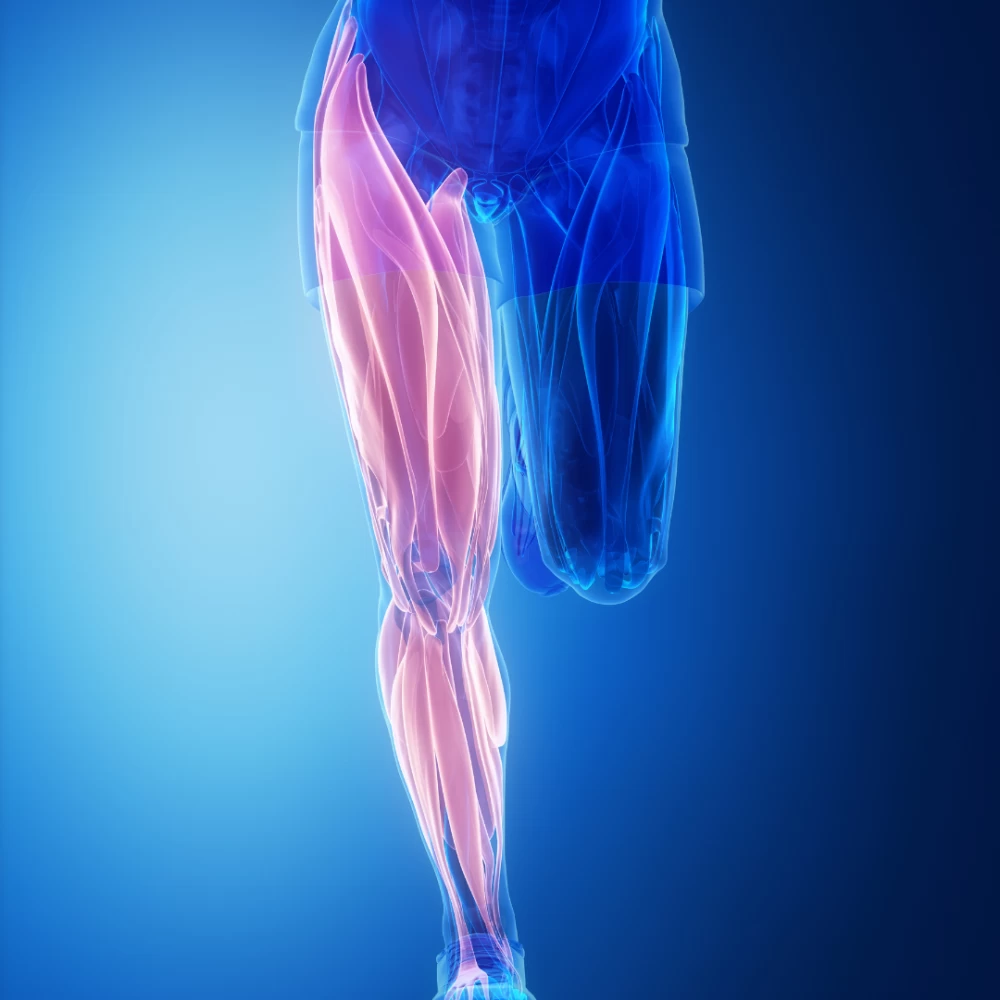
- 1st May 2023
Table of Contents
Periods of Fasting Involved
For a set amount of time, dieters abstain from eating and drinking (a practise known as "intermittent fasting"). Weight loss, increased insulin sensitivity, decreased inflammation, and increased longevity are just some of the possible benefits of this strategy, which has attracted a lot of attention in recent years. However, several factors, including age, gender, diet quality, and exercise routine, can influence how intermittent fasting affects body composition. Intermittent fasting has been shown to help people lose fat while keeping their muscle mass relatively unchanged. When calories are restricted, as they are when engaging in intermittent fasting, the body shifts its energy source from glucose from carbohydrates to fat. Changing your body's fuel source can help you burn more fat and lose weight. The combination of resistance training and intermittent fasting has been shown in studies to boost muscle protein synthesis and overall physical performance. In conclusion, intermittent fasting can be an efficient method for enhancing body composition through the reduction of body fat and the maintenance of muscle mass. Individual results may vary depending on other lifestyle factors and the consistency with which one follows a healthy diet and exercise routine. Always check in with your doctor or a registered dietitian nutritionist before making any major changes to your diet or exercise routine.
How does Intermittent Fasting work?
The term "intermittent fasting" refers to a dietary method in which periods of fasting are interspersed with periods of eating. The 16:8 method involves fasting for 16 hours and eating during an 8:8 window, while the 5:2 method entails eating normally for five days and restricting calorie intake to around 500-600 on two non-consecutive days. Intermittent fasting has been linked to improvements in body composition, specifically a decrease in body fat and a maintenance of muscle mass, according to the research. Fasting is associated with weight loss because it forces the body to use fat reserves as fuel. Human growth hormone (HGH), which encourages muscle growth, is also elevated during intermittent fasting. While intermittent fasting can be helpful in achieving your body composition goals, it is not a silver bullet. Maintaining long-term health still requires adhering to a balanced diet and regular exercise routine. Before starting any new diet or exercise regimen, people should talk to their doctor.
The effects of intermittent fasting on body composition are discussed
The term "intermittent fasting" (IF) refers to a specific eating strategy in which one alternates between eating and fasting. Many people who adopt IF do so in an effort to reduce body fat, but the diet also has other effects. Recent studies have shown that IF has the potential to aid in fat loss while also protecting lean muscle mass. This is because during periods of fasting, the body uses fat rather than glucose for energy. Human growth hormone (HGH), which is essential for constructing and preserving muscle mass, may also be elevated by IF. Participants on an IF diet lost more fat and kept their muscle mass stable compared to those on a conventional calorie-restricted diet, according to a study published in 2016. These findings, however, may differ from person to person based on factors like age, gender, and level of physical activity. As a result of hormonal changes and metabolic adaptations that take place during fasting, intermittent fasting can have an effect on body composition by reducing body fat while maintaining muscle mass. Though the long-term effects of IF on body composition and health are intriguing, more research is required to draw any firm conclusions at this time.
Intermittent fasting's positive effects
Alternating periods of eating and fasting, or "intermittent fasting," is a well-liked dietary strategy. Intermittent fasting helps people lose weight because it causes them to consume fewer calories overall. In the absence of food, the body enters a state where it begins to rely on its own reserves of fat for fuel. When combined with exercise, this has the potential to decrease overall body fat while simultaneously increasing muscle mass. The health benefits of intermittent fasting extend far beyond mere weight reduction. It has been shown to increase insulin sensitivity, which aids in glucose regulation and the avoidance of diabetes. In addition, it has the potential to lessen systemic inflammation, which has been linked to many different types of chronic illness. Not everyone can benefit from intermittent fasting, and if you decide to try it, you should always consult with a doctor or registered dietitian first. It is not recommended to try intermittent fasting if you have a medical condition, are pregnant or breastfeeding.
Possibilities and Cautions

Intermittent fasting can help you reach your body composition goals, but before you start, you should weigh the benefits and drawbacks. The first step is figuring out if this diet is good for your specific needs and health situation. If you have diabetes or an eating disorder, for example, you should talk to your doctor before starting an intermittent fasting programme. Second, while fat loss is a potential benefit of intermittent fasting, muscle loss is also possible due to the caloric restriction involved. This is problematic, especially for athletes and bodybuilders, who are trying to gain or keep their current level of muscle mass. The risk of muscle loss during fasting can be reduced by including strength-training exercises. Finally, during calorie restriction, it is especially important to keep an eye on fluid and nutrient intake. Dehydration, caused by drinking too little water, can have detrimental effects on health and athletic performance. In addition, eating nutrient-dense food when you're not fasting will help make sure your body gets the vitamins and minerals it needs to function at its best when you aren't.
Implementing Intermittent Fasting: Some Suggestions
In order to lose weight and improve overall health, intermittent fasting (IF) has become a popular diet trend that involves restricting food intake to certain windows of time. The 16/8 method is one form of intermittent fasting in which you go without food for 16 hours and then consume all of your calories for the day in a single 8-hour window. Fruits, vegetables, lean proteins, and healthy fats should make up the bulk of your diet during your eating window. One piece of advice for easing into intermittent fasting is to start with shorter fasts and work up to longer ones. As a result, you won't have to go through the transition phase feeling deprived or overwhelmed. In addition, pay attention to how your body reacts and make any necessary adjustments. Because not everyone can benefit from intermittent fasting, it's important to get the OK from a doctor before making any drastic dietary or exercise changes.














